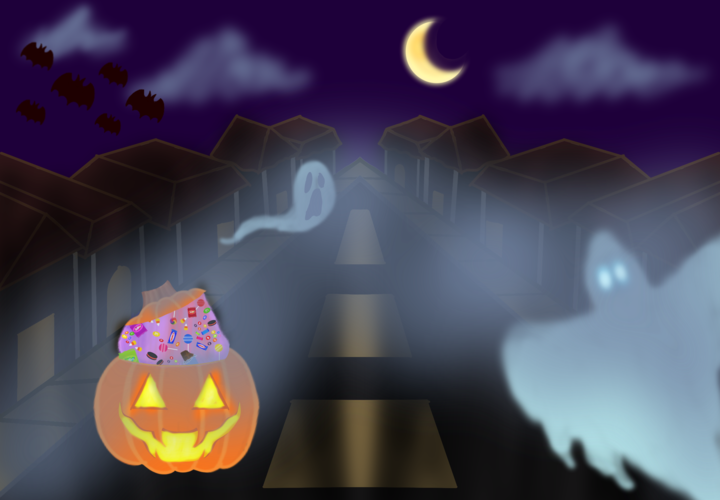Mykaela Taketa | Asst. Op Ed
May 1, 2014

This month is Mental Health Awareness and there’s a health issue that needs its turn to be addressed as well.
With the all-good attention of telling people who are afflicted with depression and anxiety to be positive, we tend to overlook the opposite with those who are too happy.
Can happiness be an actual disorder? How can something that makes us feel good and have positive physical results be bad?
We all too easily notice when someone is depressed and make encouragements for them to seek help but what if you saw someone who was overjoyed? Too happy?
That excessive happiness could be an underlying medical condition that shouldn’t be overlooked.
In the Journal of Medical Ethics, the psychologist Richard Bentall proposed that an overabundant of happiness is a psychiatric disorder.
Although the document can be easily be broken apart by assumption is doesn’t exclude the fact of excessive happiness syndrome, (or simply EHS).
It is suggested that excessive happiness is a mental disorder that impairs judgment with symptoms of the inability to think things through, increased hyper activity, absurd thoughts of grandeur, distractibility and increase of talkatively.
It is not really known how many suffer from this symptom or how long it lasts since happiness is not negatively valued.
It is ironic that we value happiness so much that the thought of it being negative is easily dismissed instantaneously or made irrelevant.
However, any emotion that alters or impairs the individual’s decision that leads to risky healthy lifestyle and behavior should be considered a disorder.
Maybe there is truth to the saying that “too much of a good thing is bad.” EHS may not be considered real but there are already existing disorders and syndrome that have symptoms of over excessive happiness such as Angelman syndrome and ADHD.
According to Genetics Home Reference and the National Institutes of Health, who both are accredited by the federal government, Angelman syndrome affects the nervous system and have characteristics of excitable happiness and frequent laughter while ADHD have symptoms of acting and speaking without thinking or easy distraction.
Another form of excess happiness could be seen in bipolar disorder is hypomania where those afflicted have symptoms of hopefulness, productivity, restlessness, increased behavior such as lavish spending, inflated self-esteem and impulsive tendency.
Unfortunately, it’s easier to notice negative mental illness and do something about it versus someone who might have undiagnosed bipolar disorder.
Far too undoubtedly we misinterpret someone as being overjoyed than someone who might have a possible harmful illness.
Even though these illnesses are hard to notice, it wouldn’t hurt to observe a family, friend, or classmate of being excessively happy.






